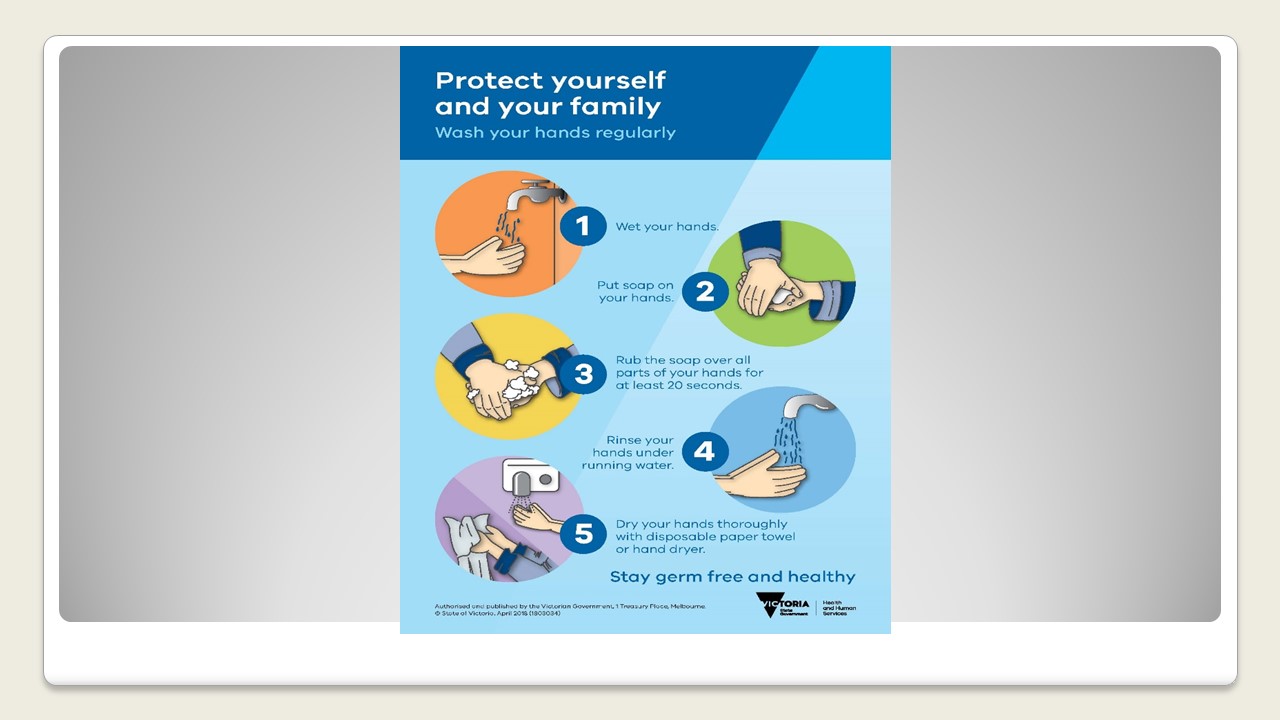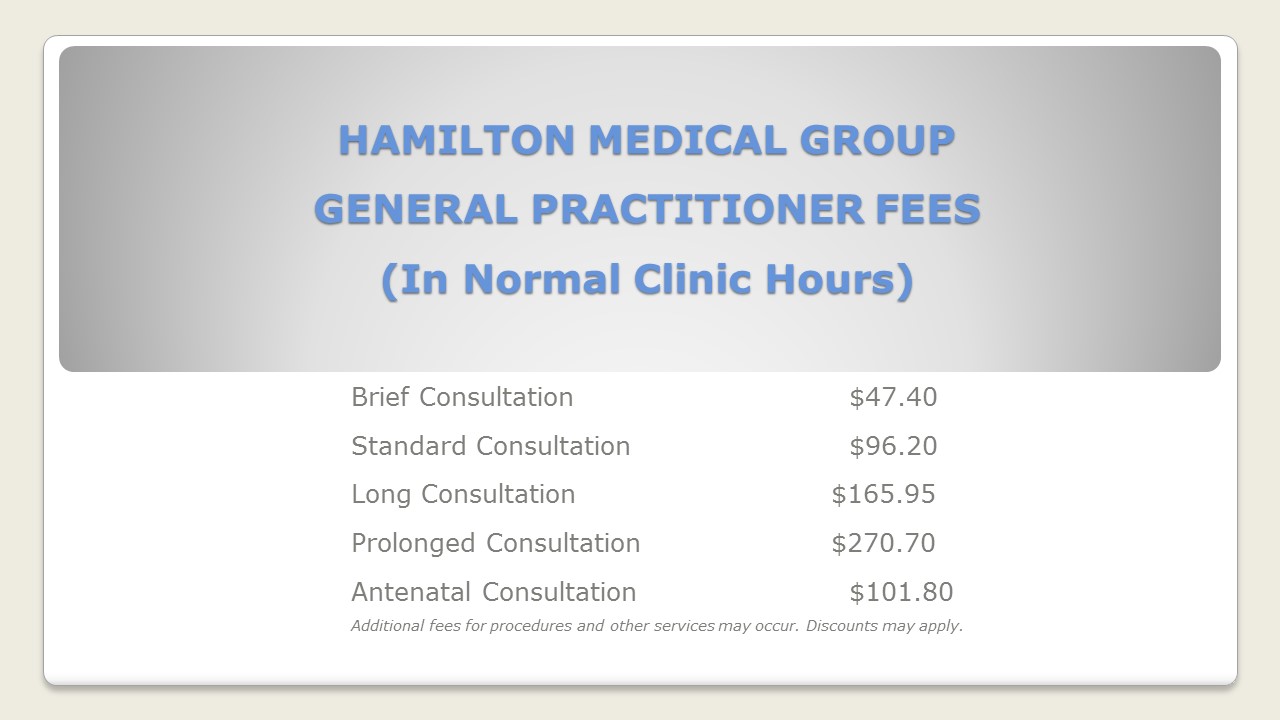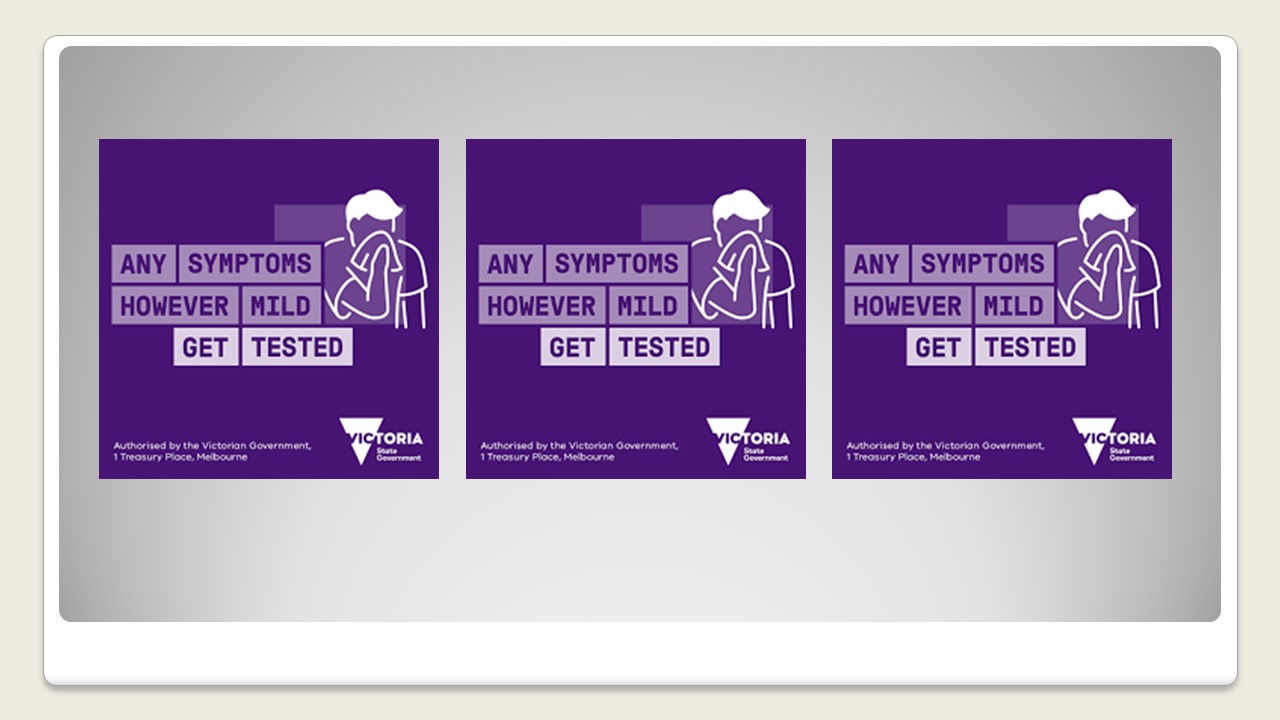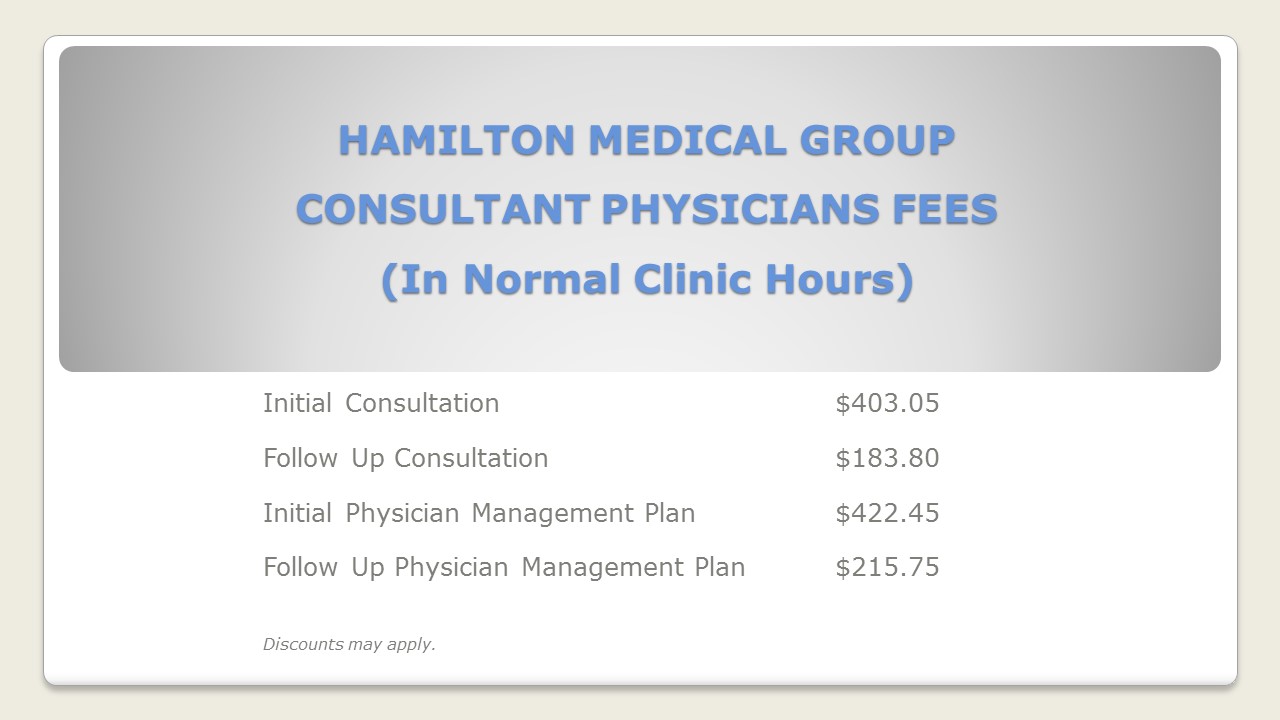Latest News
R U OK? 2019
R U OK? Day Thursday 12 September, 2019
R U OK?'s vision is a world where we're all connected and are protected from suicide.
Their mission is to inspire and empower everyone to meaningfully connect with people around them and support anyone struggling with life.
Their goals are to:
1. Boost our confidence to meaningfully connect and ask about life's ups and downs
2. Nurture our sense of responsibility to regularly connect and support others
3. Strengthen our sense of belonging because we know people are there for us
4. Be relevant, strong and dynamic
LEARN THE SIGNS
Nearly 1 in 2 Australians (49%) believe they’d be more confident starting an R U OK? conversation if they knew the signs that could indicate someone's struggling with life.
R U OK? has developed four conversation steps to help you navigate a conversation with someone you're worried about:






















